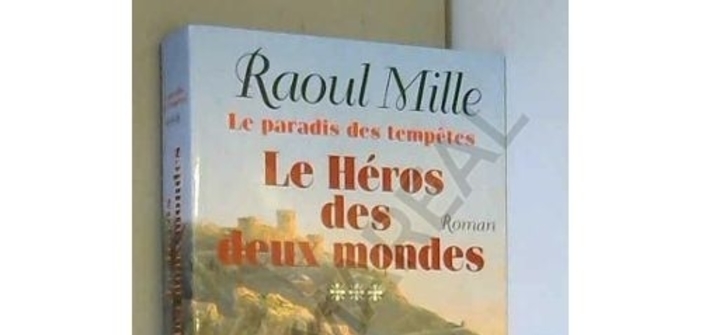The third installment of the saga: The Paradise of Storms, we find Maria, her son, her daughter, her granddaughter. “The apple doesn’t fall far from the tree,” one might say, and among these three women, the saying holds true.
We are in 1848, the revolution and the empire are but memories. Nice has returned to being the County, the Var is a frontier, 1848 the springtime of peoples, Napoleon III is still only the prince-president, and Italy is still not unified.
A character appears, a Niçois: Garibaldi, Mathilde, the granddaughter, falls in love with him, and Maria, along with Innocent, her valet, must go to Italy to save her. Garibaldi is fighting for the Roman Republic against France and Austria. Giovanni returns to Nice with his wife, whom he married in Louisiana. He wants to cultivate flowers.
In this third installment, Raoul Mille describes for us the society of Nice before 1860, always the historian; he evokes for us the adventures of Garibaldi and Caprera. Maria has aged, but she is still the formidable woman we knew.
The hero of two worlds, Garibaldi, the dignitaries: mayor, prefect, bankers, always the same, ready to sell to the highest bidder. Passionate love, Giovanni’s indifference, the secret finally revealed to Catherine about Giovanni’s lineage, two poorly wed women: Mathilde with a musician and Jemina with Giovanni, form the framework of this novel where love resembles an opera, Verdi’s La Traviata, performed precisely in Nice when Jemina is abducted by Gonzague Arson.
Thierry Jan


